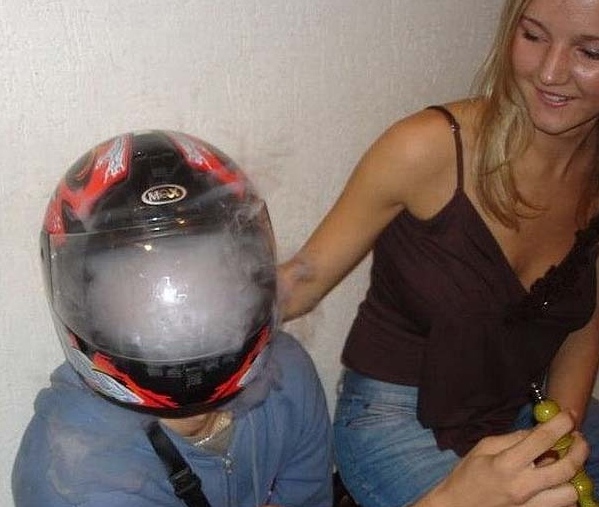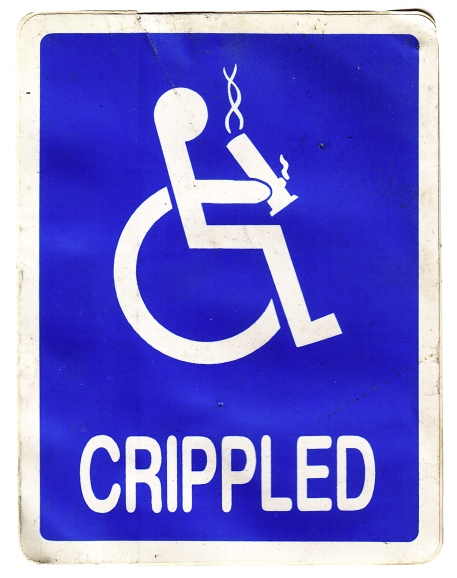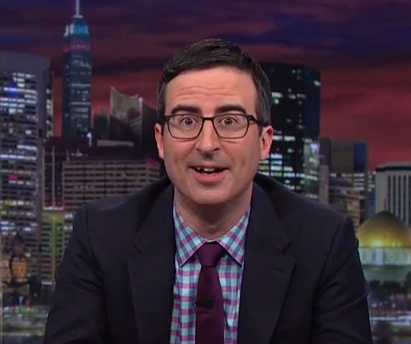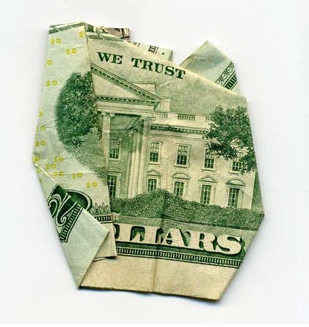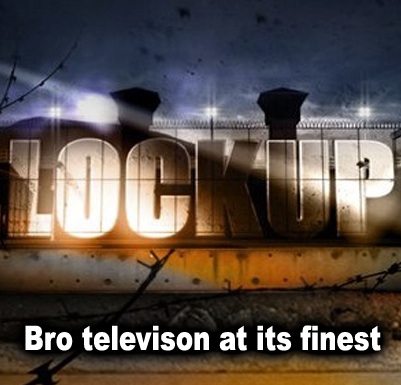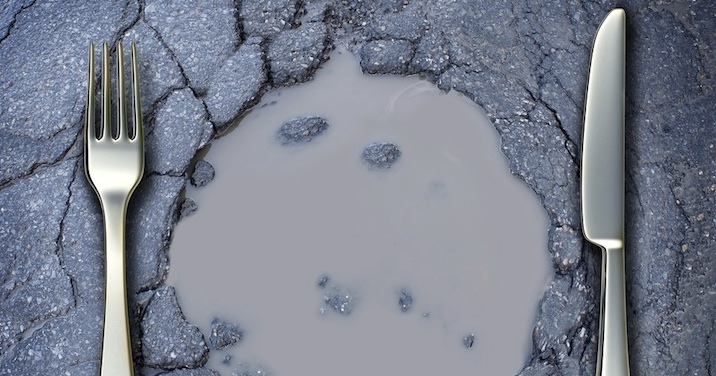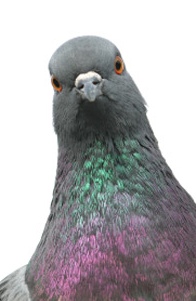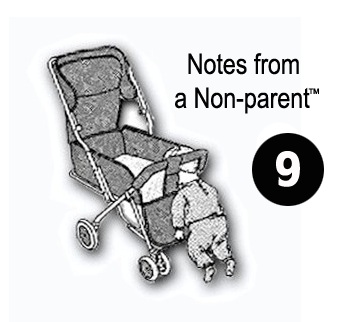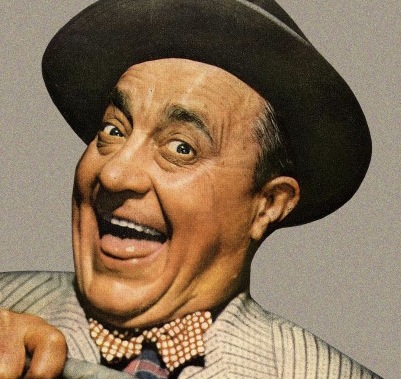I earned my first literary award in Folsom. This time? Las Vegas…

ForeWord Reviews IndieFab Book of the Year Awards, presented at the 2014 American Library Association Conference at the Las Vegas Convention Center.
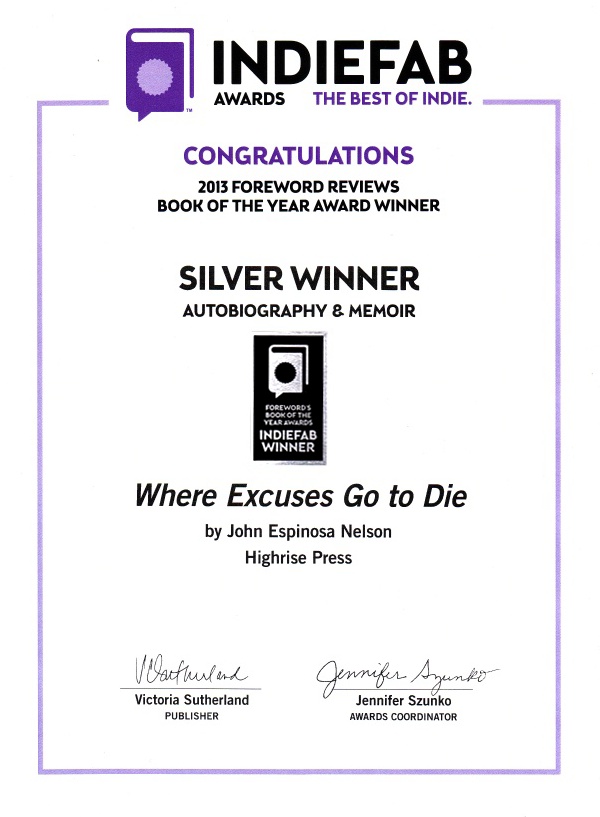 Folsom prison has its thugs, killers, and seething sodomites perched like gargoyles, set to pounce on the right bounce, but it’s got nuthin’ on exposed armpits in Vegas.
Folsom prison has its thugs, killers, and seething sodomites perched like gargoyles, set to pounce on the right bounce, but it’s got nuthin’ on exposed armpits in Vegas.
What is it about Las Vegas that makes tank tops so ubiquitous? From wife-beaters to big, tie-dyed side-wallers, it seems six of every ten meanderers goes sleeveless, choosing the display of warty pits over dignity. It’s as if they think armpits, with all of their “character,” have become substitutes for good ink work. They haven’t. And we’re not talking about your nicer tank tops, either – more like saggy, cigarette ash ‘n mayo varnished nightwear. Blech.
Yes, I know it’s Sin City; let it all hang out; blah-blah-blah. But that’s no excuse for flaunting your weight-loss stretch marks each time you roll some dice, lift a fork, jab at a slot machine button, or u-turn your rented casino scooter into another herd.
When planning a trip to Vegas, it’s helpful to adjust your expectations a notch below your last memories of the place, ’cause Vegas today is all about elastic waist bands, approximated quality, billowy tank tops, and carry-along toy trumpets of frozen, fruity booze.
I realize that Frank Sinatra’s life has been highly mythologized, but I’m confident there was a moment when he looked at Vegas and thought: it’s only downhill from here.
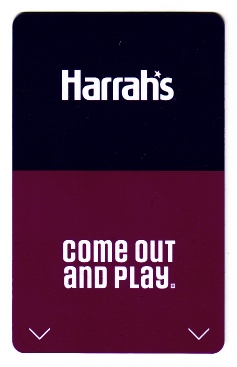 Harrah’s check-in…
Harrah’s check-in…
Thursday-to-Saturday Vegas beats Friday-to-Sunday anytime. Just ask road-weary parents of toddlers and teenagers –which my wife, Crystal, and I are not– or drivers –like we are– who hate being stuck behind card-carrying members of Snails of America. Once your return trip eats up an entire Sunday, ending with a drive directly into the blazing sunset, you won’t make that mistake again.
Midnight departures out of Los Angeles are the best, and nondescript commuter vehicles are the smartest. (A little over 3½ hours is our best time.) The only drawback to getting a room at three on a Friday morning in Vegas is who and what you encounter upon arrival. Since the front desk area is much quieter than normal, you tend to notice the first of your fellow visitors.
Read more
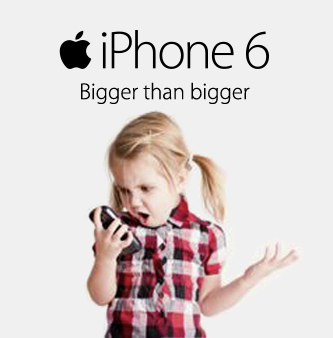 GUEST POST: 17-yr-old Grant Calderone on the future of phone plans.
GUEST POST: 17-yr-old Grant Calderone on the future of phone plans.
